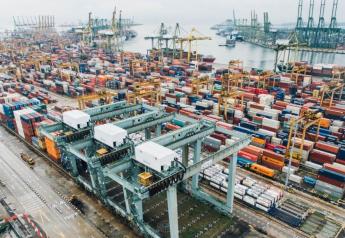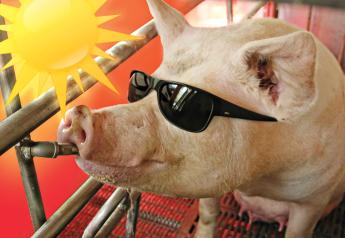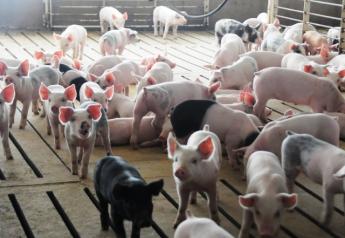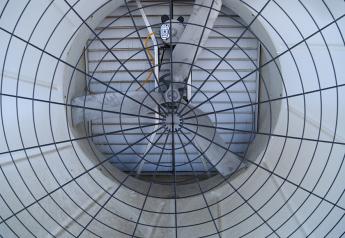Two Ways Producers Can Strengthen Export Market Opportunities
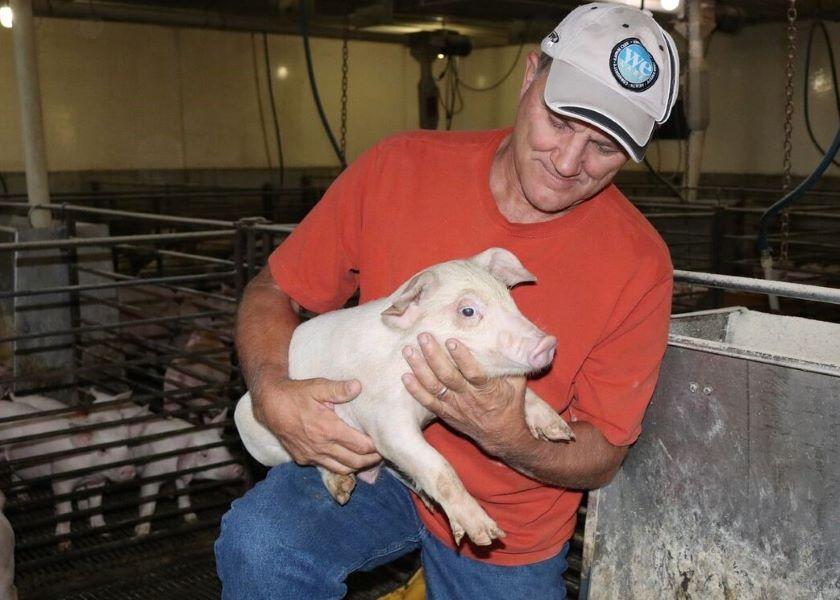
With so many capable industry leaders working around the clock to grow U.S. pork export opportunities, it could be tempting to sit back and let them do what they do while pig farmers do what they do. But is there a way that pig farmers can help secure a higher premium on the pork exported from the U.S. to countries around the world?
Get Serious About Sustainability
Bill Luckey, a Nebraska pig farmer and member of the National Pork Board’s Board of Directors, says one of the most important things U.S. pig farmers can do to boost export dollars is get serious about tracking their sustainability efforts.
“When we’re talking about exports, sustainability comes up quite often. Many of us didn't think our international partners really wanted to have a lot of information about sustainability,” Luckey says. “But we found out we were wrong.”
Sustainability is very important in the export market. International consumers want to know how U.S. pig farmers raise their pigs. The “why you do what you do” matters more than ever to this growing audience.
Luckey encourages fellow pork producers to get on board with the National Pork Board’s On-Farm Sustainability Reports.
“We can get more information back to our customers, not only here in this country, but abroad, too,” he says. “It's going to be very important down the road that producers get involved with these sustainability reports.”
The reports allow the U.S. pork industry to assure customers that the industry is doing the right thing for the environment, for the pigs, for farm employees, and more, Luckey explains.
One of the ways Luckey is focusing on improving sustainability of his farm is through manure management strategies, or recycling projects as he likes to call it.
“We're changing some of the practices that we've used as far as incorporating the manure into the soil, doing soil testing, performing manure analysis, and making sure we're not over applying. I think it’s very important, not only to reassure our customers that we're doing the right thing, but it's also a benefit for me,” he says.
Utilizing that fertilizer is a big advantage right now with high fertilizer costs, he adds. He’s also focusing in on reducing water usage and taking care of air quality.
“In my barn, I've done some testing on air quality. We've incorporated some systems to help with the quality of air, in the barns and in the pits,” Luckey says. “We’re trying to produce more with less inputs.”
This message resonates in other markets, says Clay Eastwood, director of international market development for National Pork Board. The Pork 2040: China Market Assessment and the Vietnam and Philippines Market Assessments provided her team great insight into how key elements of the We Care Ethical Principles followed by U.S. pork producers resounds with international consumers.
“We just want to do a better job of sharing that story with those consumers and customers,” Eastwood says. “It’s all about building competence in the eyes of the customer buying U.S. pork. It's a huge opportunity for us as an industry to get granular and share details of the great work that we're doing in the pork industry and how that's how that fits into the bigger sustainability story globally.”
Take Traceability Into Account
The second way producers can take action to build trust and add value to U.S. pork is to create an AgView account. AgView is a free, opt-in technology solution that promotes business continuity for America’s pig farmers by making disease traceback and pit movement data available to animal health officials on day one of a foreign animal disease outbreak.
“AgView will help make sure our customers know that we have the ability to trace back to the farm so we can regionalize or shut down an area if we have to. But more importantly, it will also show that we're able to export from certain areas of the country that are free of any disease,” Luckey says.
This will be critical to help maintain export market opportunities, he adds. Operations that are not in an area affected by an FAD should be able to export pork and maintain those markets.
“It’s going to be very important, with a $61 per head value from exports,” he says. “That's pretty substantial. We export a lot of variety meats that are not utilized here the way they're utilized in other countries. It's important we maintain those markets so we can maintain that price from the export market. It’s a big benefit to the producer and packer.”
More from Farm Journal's PORK:
U.S. Pork Producers Snag Record-High Export Value of $61 Per Hog in 2021
China’s Growing Need for Protein: New Study Excites U.S. Pig Farmers


